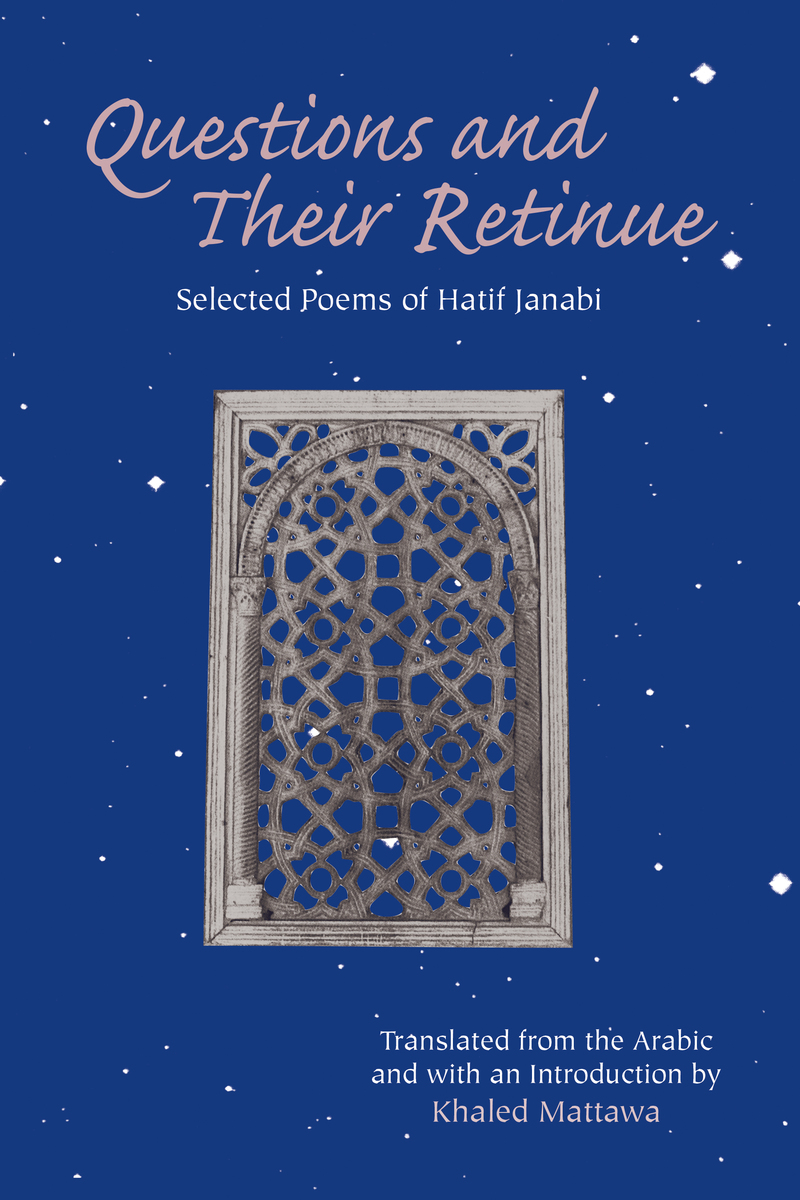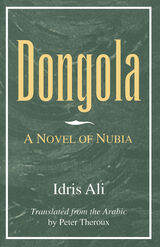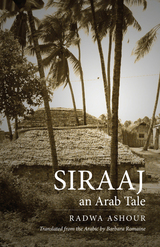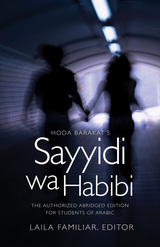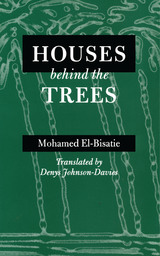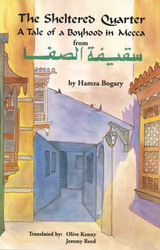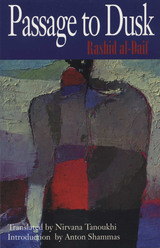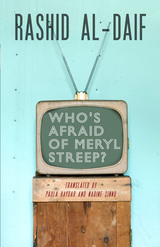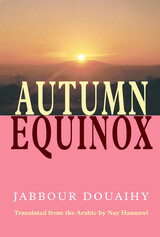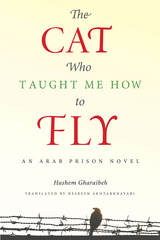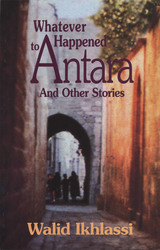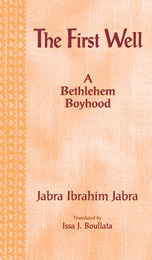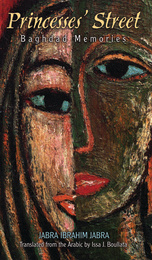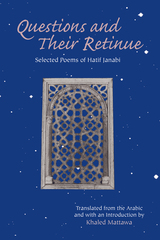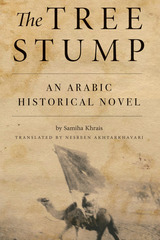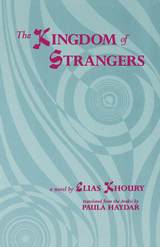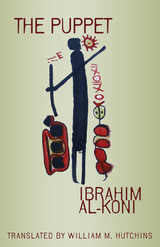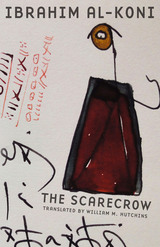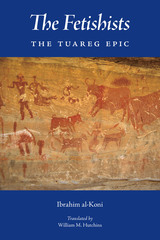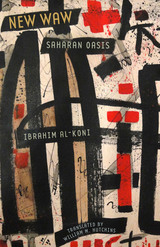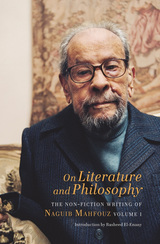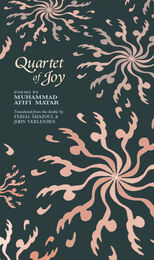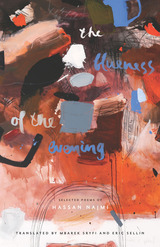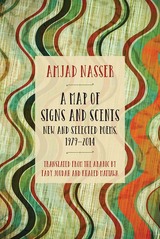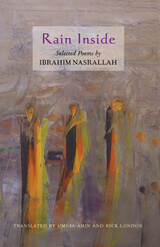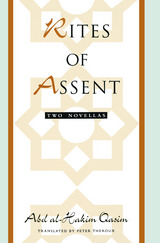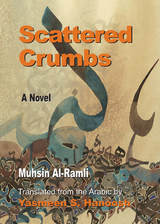Paper: 978-1-55728-432-7 | eISBN: 978-1-61075-332-6 | Cloth: 978-1-55728-431-0
Library of Congress Classification PJ7840.A49A24 1996
Dewey Decimal Classification 892.716
Hatif Janabi’s poems are passionate, jolting, apocalyptic, and painful. They deal with war and death, perception and truth, drawing from his family life, his exile in Poland, the Gulf War, violence in Iraq, and his experience in the United States.
The speaker in many of Janabi’s poems moves from a confrontational stance to one of resigned desperation, and from coyness to deep longing, where, occasionally, hope surfaces. The associative processes and the often bizarre surreal imagery he employs are very effective in expressing his profound sense of political and spiritual alienation. Janabi is among a generation of Arab poets who, because of censorship, can speak only obliquely about the harsh reality of their lives. In these poems he has created symbolic landscapes that attempt to reveal the political, social, and psychological stresses with which suffering people live.
See other books on: 1952- | Mattawa, Khaled | Middle Eastern | Questions | Selected Poems
See other titles from University of Arkansas Press
